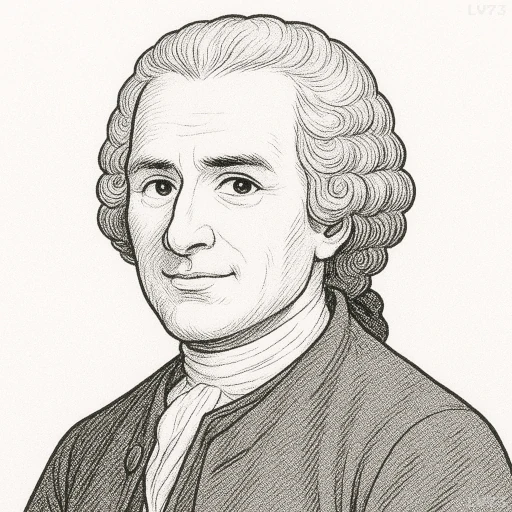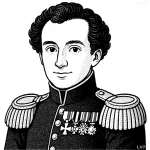“The first step towards vice is to shroud innocent actions in mystery, and whoever likes to conceal something sooner or later has reason to conceal it.”

- June 28, 1712 – July 2, 1778
- Born in Geneva
- Philosopher, political philosopher, writer, composer
table of contents
Quote
“The first step towards vice is to shroud innocent actions in mystery, and whoever likes to conceal something sooner or later has reason to conceal it.”
Explanation
In this quote, Jean-Jacques Rousseau suggests that the moment we start to hide or obfuscate our actions—especially when they are innocent—we begin to take the first step toward moral corruption or vice. By creating mystery around actions that should be transparent and open, we invite suspicion, and the act of concealment becomes a gateway to dishonesty or deception. Rousseau argues that when someone habitually conceals things, even trivial or innocent ones, they set a pattern for themselves where there may be a genuine reason to conceal something later on, perhaps related to something more significant or less innocent. The quote underscores the idea that secrecy in seemingly harmless matters can lead to more serious moral decline.
Historically, Rousseau’s ideas about secrecy and virtue are tied to his broader critiques of society and human behavior. He believed that in a just society, people should act openly and transparently, and that secrecy often undermines trust and creates opportunities for moral degradation. In his view, society had corrupted individuals by encouraging them to act in ways that were not true to their natural goodness and integrity. By hiding or disguising one’s actions, a person becomes complicit in the moral decay fostered by societal pressures and expectations.
In modern times, this quote resonates in discussions about transparency, integrity, and the impact of secrecy in both personal and public life. In today’s world, where individuals, companies, and governments sometimes hide information for various reasons, Rousseau’s warning serves as a reminder of the ethical risks that come with concealing even the most innocent actions. It calls attention to the potential for moral erosion that can occur when secrecy becomes a habit rather than an exception. Rousseau’s words encourage us to live with honesty and openness, as these are foundational to maintaining trust and virtue in both individual relationships and larger societal structures.
Would you like to share your impressions or related stories about this quote in the comments section?





